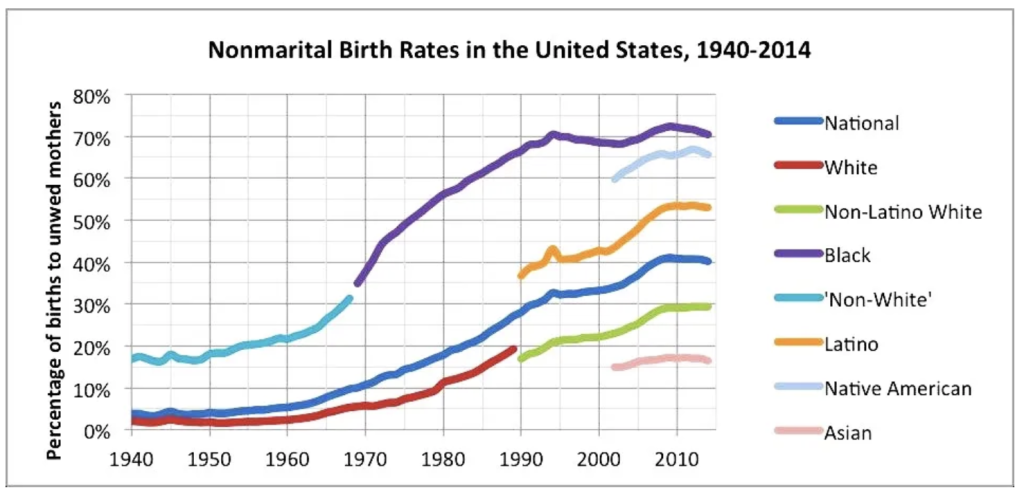
Please Follow us on Gab, Minds, Telegram, Rumble, Gettr, Truth Social, Twitter
Connecticut U.S. Senator Chris Murphy, up for reelection in November, may be having an early – very early – mid-life crisis.
She pointed at the front page, above the fold headline in the paper I was marking up: “Murphy: Address crisis of masculinity.” Our conversation at donut eatery went something like this:
Her: Such a shame, how old is he (Murphy)?
Me: Not sure, early 50s?
Her: It creeps up on you.
Me: He’s not worried about his crisis – everybody else’s.
Her: Selfless guy. Some senators are like that. I saw it this morning, emailed it to the family in Tennessee for chuckles. My husband, who retired half a dozen years ago, has no problem with his own masculinity.
They moved to Tennessee because of Connecticut’s spending and taxation crisis, among other reasons. Some of her family moved there about ten years before she, her husband and two children uprooted themselves from Connecticut. In fact, most of her family, on both sides, has now voted with their feet.
Her: They’re all over the place, the young ones in Virginia and the Carolinas. Pity we had to move nearly a thousand miles to be together again with family.
Me: Visiting?
Her: Yup, the old folks are hanging out here still. They’re made of grits. My mom died two years ago. My dad is suffering a crisis of loneliness. He refuses to move, says he plans to die here, after the nursing home has had its way with him – just for spite. He won’t budge, but we have our fingers crossed.
Most people who suffer from loneliness are alone, the lady stressed. They would be much less alone if they could remain enfolded within the bosom of the family. But the family, as an institution, has been under remorseless attack for decades by cultural anarchists and reformers suffering from an overload of cynical enthusiasm.
There are two views of masculinity, Murphy explained in the news story, a benighted, backward looking Republican view and a forward looking neo-progressive Democrat view.
“We have to accept the fact that a lot of men are going through an identity crisis,” Murphy said, “and we need to help them recast what male identity is [emphasis mine] that doesn’t involve all of the ways that men have traditionally defined themselves. But it doesn’t involve doing what Republicans want, which is reversing to the 1880s when men were in charge.”
The reporter tells us, “Murphy is also talking about social issues such as loneliness, which he has highlighted as a key issue, as many Americans battle social isolation and its emotional impacts.”
A short visit for a morning coffee and an interview with a practical minded woman such as I’ve depicted above – Americans are, and always have been, intensely practical -- just might disabuse Murphy of the notion that male insecurities may best be addressed by “recasting what male identity is.”
Fatherhood, for example, has been a significant part of male identity beginning in the Stone Age cave and running through postmodern times, even in Republican families, even in the 1880s.
A hundred years later, in 1980, if one were to shout “father” in a crowded urban landscape, one would be greeted by an ear shattering silence, rigorously enforced by politicians loathed to look real problems in the eye.
New York Senator Daniel Patrick Moynihan bucked the trend when he wrote in 1965 “The Moynihan Report: The Negro Family, the Case for National Action,” a dozen years before Murphy became more than a glint in his father’s eye. Moynihan thought the chief generator of poverty and associated post-modern social pathologies was the absence of the father, masculine or not, in the household.
Hillbilly Elegy, widely praised by reviewers before its author, J.D. Vance, became a Republican Party Vice Presidential candidate, is a highly readable account of Vance’s tortuous trip through poverty – his mother, an addict, had seven husbands – and social pathologies that pattern those mentioned by Moynihan. Only Vance was a poor white lad.
Goodreads lauded the book as a “Nominee for Best Memoir & Autobiography (2016), and noted, “Hillbilly Elegy is a passionate and personal analysis of a culture in crisis—that of white working-class Americans. The disintegration of this group, a process that has been slowly occurring now for more than forty years, has been reported with growing frequency and alarm, but has never before been written about as searingly from the inside. J. D. Vance tells the true story of what a social, regional, and class decline feels like when you were born with it hung around your neck.”
The much praised book is, both and at the same time, an analytical and sociological discussion of poverty and its toxic pathological aftereffects and a richly rewarding personal reminisce of Appalachian life. "You will not read a more important book about America this year," The Economist warbled.
Within its pages lie important prospective solutions to the debilitating effects of loneliness and the crisis of masculinity.
Murphy would do well to read it.
Why, Murphy makes some sense - the traditional model and the progressive-minded model are at odds with each other and must be.
Yet he supports his claim with that usual, pathetic straw man - the Neanderthal.
Pay no mind to Neanderthal Man's virtue, courage, righteousness, fortitude, faith, aptitude, risk-taking...
We must all become effeminate, sensitive.
Like Chris.
Create the crisis (men bad) and offer, rather impose the solution - abort men.